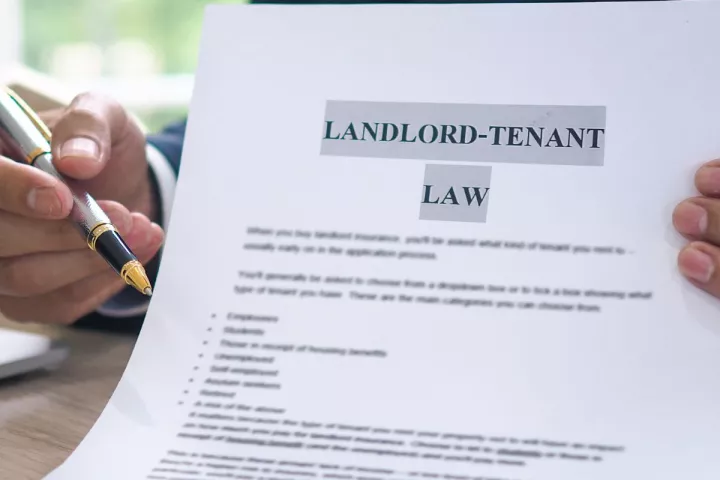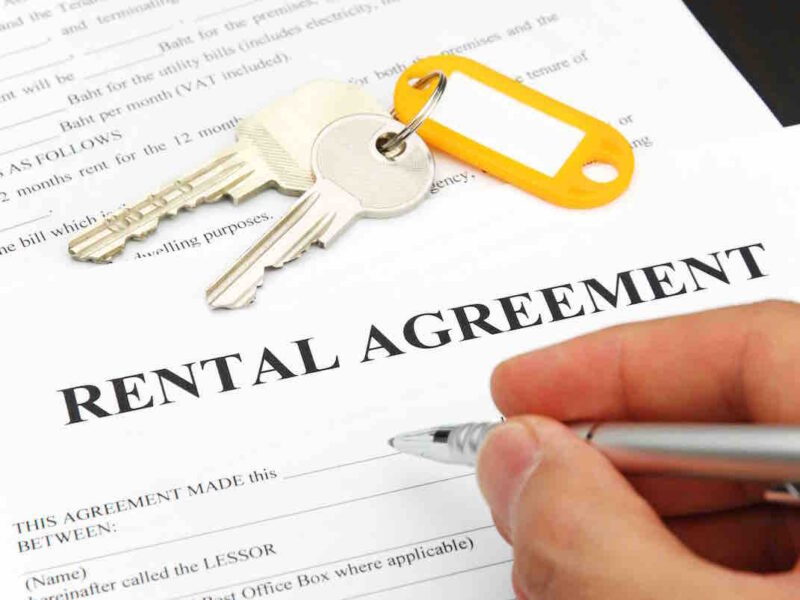To check building regulations on a property, start by researching local building codes. These codes outline the rules and standards for construction in your area. You can find them online or at your local government office.
Next, contact local authorities, such as the building department or zoning board, to get specific information about regulations that apply to your property. Consider hiring a professional inspector who can assess your property for compliance with building regulations.
Following these steps will help ensure that your property meets all required regulations, promoting safety and compliance with local laws.
How To Check Building Regulations On A Property?

Learn how to ensure your property meets safety and quality standards by checking building regulations. Understand the rules and steps needed to comply with regulations for construction or renovation projects.
Researching Local Building Codes
Building regulations are vital for ensuring construction projects meet safety, energy efficiency, and quality standards. They protect occupants and the environment.
By following the building codes for your area (England, Scotland, Wales, or Northern Ireland), you ensure compliance with necessary requirements for your construction project.
Visit Local Council Websites
Local councils often offer useful resources online for accessing building regulations information. One valuable resource to check is the Building Control Register or a Building Regulations Application Database.
These databases hold records of properties seeking Building Regulations approval. They provide insight into the regulations in your area and help you understand the requirements for your project.
Approved Documents
Approved Documents are detailed guides that provide comprehensive guidance on meeting building regulations. They cover different aspects of construction like fire safety, structural stability, accessibility, and energy efficiency.
By reading these documents, you can understand the specific requirements your construction project needs to meet for compliance with building regulations.
Contacting Local Authorities
Depending on your location, the relevant authority responsible for overseeing building control may be the local council or an approved inspector.
It’s essential to identify the appropriate authority to contact for guidance and information regarding building regulations in your area.
They are knowledgeable about local regulations and can provide valuable assistance in navigating the regulatory process.
Inquire About Specific Properties
When you reach out to local authorities, ask about any building projects happening nearby or recently finished.
By learning about these projects, you can understand how approvals, inspections, and compliance are handled.
This gives you valuable insight into the rules you need to follow and the steps involved in getting permits and meeting building regulations.
Seek Clarification
If you have any uncertainties or questions regarding building regulations, don’t hesitate to seek clarification from local authorities.
Discuss your property’s unique circumstances and specific requirements to ensure that you fully understand the regulatory obligations that apply to your construction project.
Local authorities are there to provide guidance and support to help you navigate the complexities of building regulations effectively.
Hiring a Professional Inspector
Why Consider an Inspector
Hiring a professional inspector offers several advantages when it comes to ensuring compliance with building regulations.
An independent inspector evaluates your construction project objectively, ensuring it meets legal standards and pinpointing any problems or areas needing enhancement.
Their expertise and experience in building inspections can give you confidence that your project meets the required safety and quality standards.
Find a Competent Inspector
When choosing a professional inspector, make sure to select accredited professionals with the required qualifications and experience in building inspections.
Verify their credentials and certifications to ensure that they possess the expertise required to conduct thorough and reliable inspections of your construction project.
Inspection Process
During the inspection process, inspectors typically examine construction plans in detail, visit the site to monitor progress, and thoroughly assess critical elements such as structural integrity, fire safety measures, and compliance with regulations.
Professional inspectors give certificates after checking your construction project. These certificates show that your project meets the rules in building regulations.
Their advice can help you fix any problems quickly and make sure your project goes well until it’s finished.
What are some typical structural requirements in building regulations?

Building regulations outline rules for how buildings should be built safely. They include things like making sure foundations, walls, floors, and roofs are strong and can handle different kinds of loads.
Foundation Requirements
Foundation regulations ensure that the building’s foundation is designed and constructed to support the structure’s weight and distribute loads effectively. Specifications cover foundation depth, type, reinforcement, and load-bearing capacity.
Wall Requirements
Wall regulations focus on the design, materials, and structural integrity of walls to withstand various loads and environmental forces. This includes specifications for wall thickness, materials, load-bearing capacity, and resistance to lateral forces like wind or seismic loads.
Floor Requirements
Floor regulations ensure that floors can support anticipated loads, including occupants, furniture, and equipment. Specifications may include requirements for floor joists or beams, floor slab thickness, reinforcement, and fire resistance.
Roof Requirements
Roof regulations ensure that roofs are strong enough to handle things like snow, wind, and maintenance. They include rules about roof frames, materials, slope, drainage, and resisting wind.
Compliance and Quality Control
Building regulations often require structural design calculations, inspections, and quality control to ensure projects meet safety and stability standards. These measures verify compliance with codes and ensure resilience in construction.
FAQ
What is needed for building regulations?
To follow building regulations, you need to submit detailed plans to the local authority. These plans should show that your project meets safety rules for things like structure, fire safety, and energy use.
How do I contact building control in Wandsworth?
You can reach Wandsworth Borough Council’s Building Control team online, by phone, or in person. They can help with permits, inspections, and questions about rules.
What is a completion certificate in Scotland?
A completion certificate in Scotland says your building project meets safety rules. It shows the work is safe for people to use or live in.
Can you live in a house without a completion certificate in Scotland?
Yes, you can, but it’s not a good idea. A completion certificate proves your home is safe. Without it, you might have trouble showing your house is legal and safe.
What is the purpose of a certificate of completion?
A certificate of completion shows your building work follows the rules. It says your project is safe and meets quality standards, so people can live or work there without worries.
Final thoughts
To ensure your property meets safety and quality standards, it’s vital to check building regulations. Begin by researching local building codes to understand the necessary requirements for your construction project.
Next, contact local authorities for specific guidance and consider hiring a professional inspector to assess compliance. Following these steps promotes safety, legal compliance, and peace of mind for your property.



